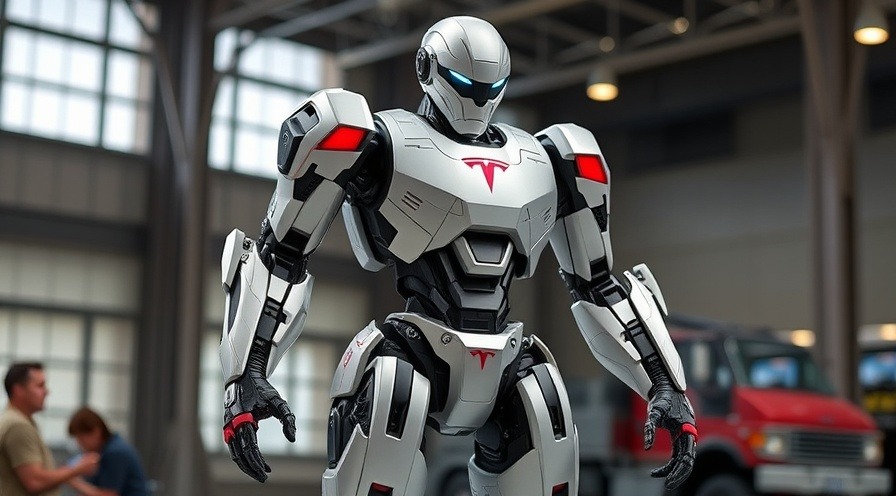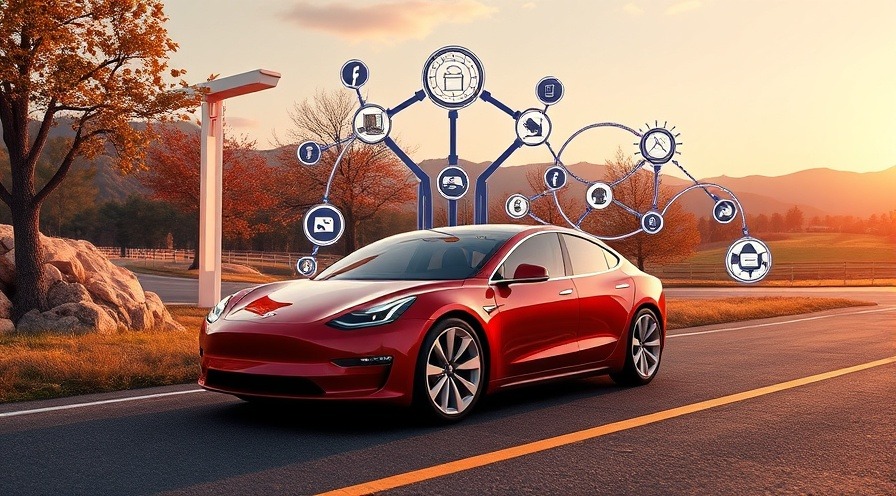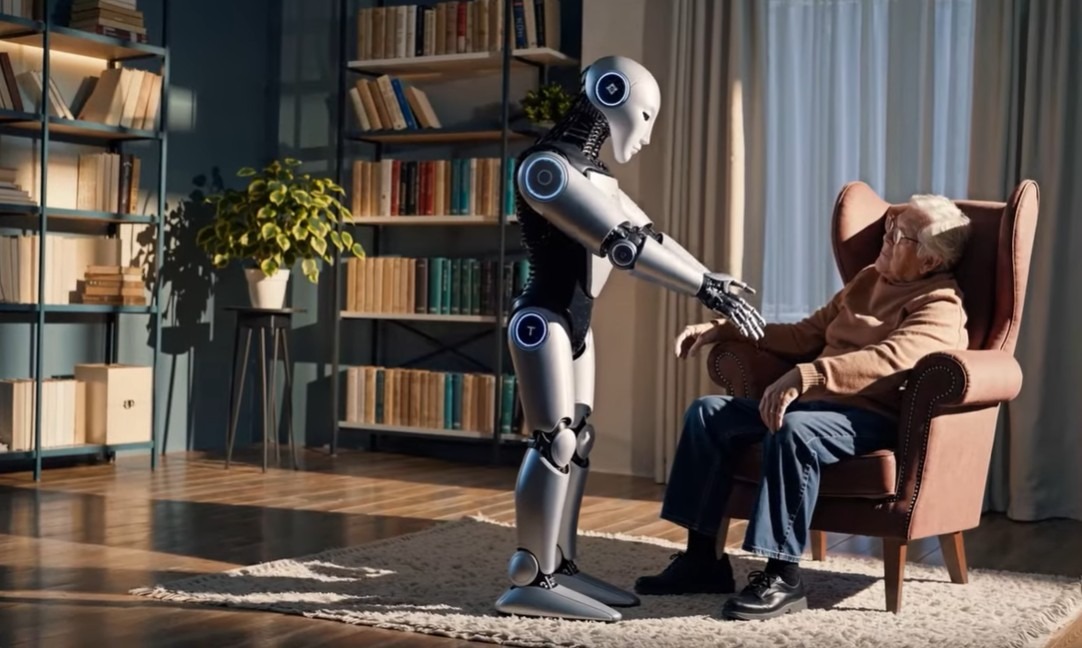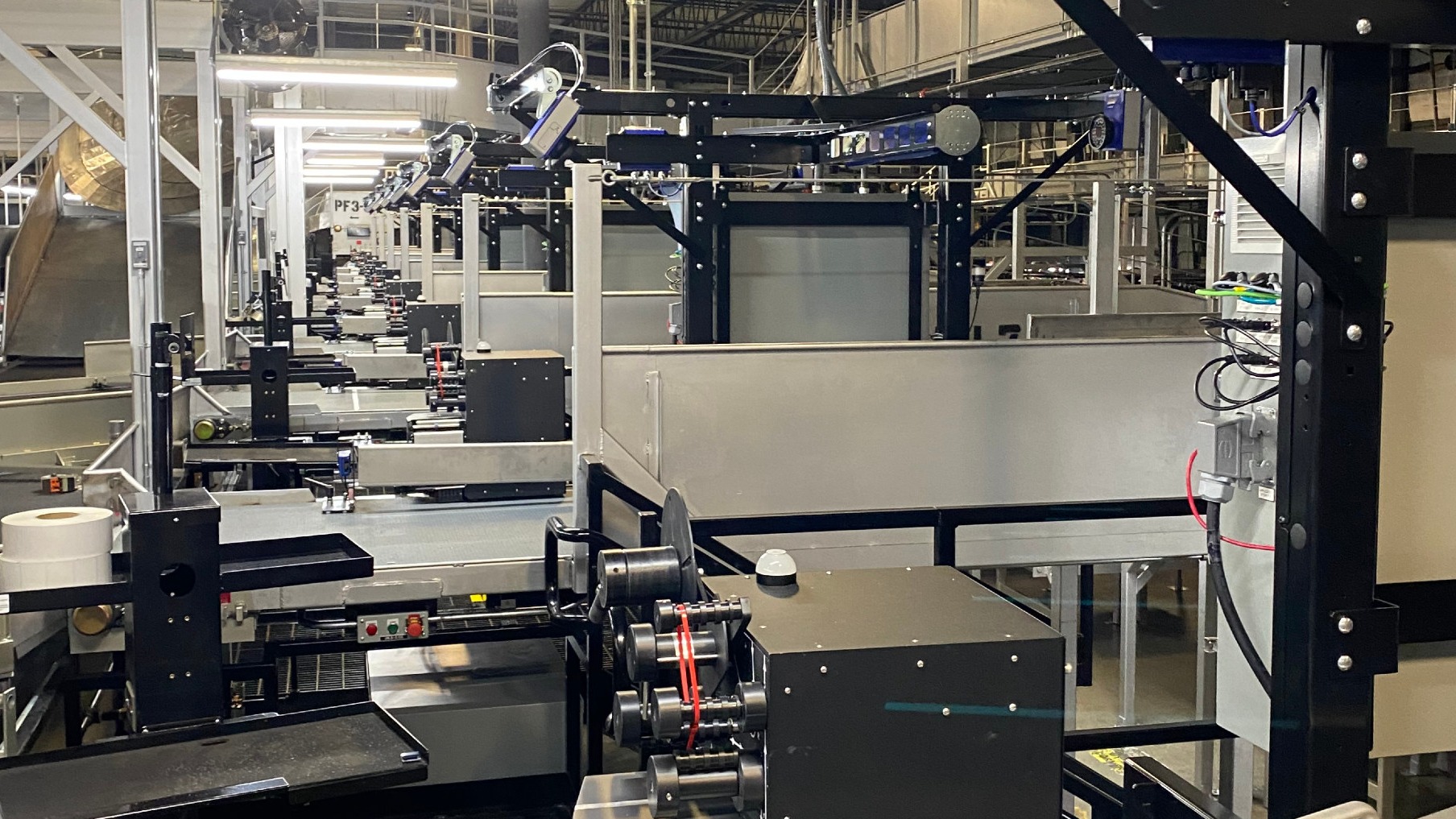
Tesla's Optimus Version 3 has the potential to significantly impact the robotics industry, particularly in automation, AI-driven robotics, and humanoid assistance. While it's still in development, here’s how it could be revolutionary:
1. Advanced AI & Machine Learning
Tesla’s Optimus benefits from AI training techniques used in Tesla’s Full Self-Driving (FSD) system. This could allow the robot to perform tasks with a level of adaptability and decision-making that surpasses traditional industrial robots.
2. Cost-Effective Humanoid Design
Most humanoid robots are either prohibitively expensive or not practical for large-scale deployment. Tesla aims to bring Optimus to market at a competitive price point, making it accessible for industries beyond manufacturing, such as retail, logistics, and even household assistance.
3. Full Integration with Tesla’s AI Ecosystem
Tesla’s AI models and neural networks could help Optimus learn and refine tasks in real-time.
Vision-based processing (like Tesla’s cars) could allow the robot to navigate complex environments without requiring expensive LIDAR (light detection and ranging) or pre-set paths.

4. Factory & Warehouse Automation
If successful, Optimus could replace or assist human workers in Tesla’s own Gigafactories and other industries where repetitive labor is needed.
Potentially reducing costs and increasing efficiency.
Improving workplace safety by taking on hazardous or physically demanding tasks.
5. Versatility in Labor Markets
Beyond factories, Optimus could be deployed in healthcare, elderly care, hospitality, and even home use. A general-purpose robot that can assist in various tasks would be a major leap forward compared to task-specific industrial robots.

Challenges & Uncertainties
Real-world performance: Will Optimus work as efficiently as Tesla claims outside controlled environments?
Regulatory and ethical concerns: Labor markets and job displacement concerns may lead to pushback.
Production scalability: Can Tesla mass-produce Optimus affordably without cutting corners on safety and functionality?
If Tesla succeeds, Optimus could redefine how humanoid robots integrate into daily life. Do you think it will become mainstream, or is it just another tech demo for now? We're leaning towards mainstream.
 Add Row
Add Row  Add
Add 




Write A Comment